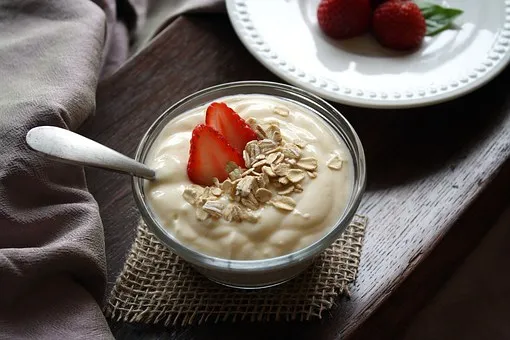- +91-9873452209, +91-9311692209, +91-8375978883
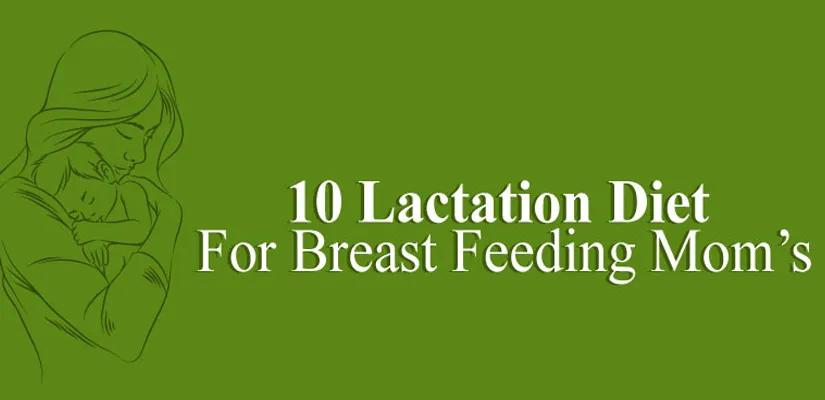 September 30, 2019
September 30, 2019
10 Lactation Diet for Breastfeeding Moms
Lactation Diet for Breastfeeding Moms, When it boils down to breastfeeding, you should understand that your newborn will get everything from your breast's milk required for growing properly. However, this does not imply that you should start gorging on to every food that is full of calories but does not contain any nutrition. Good nutrition, apart from giving you more energy also helps increase your supply of milk. The first factor helps you to take off the baby weight. You should also realize that some foods are better than others are. Find below details of 10 super-foods for lactating mothers and some methods through which you can include them in your daily intake.
Whole grains:
Brown rice, oatmeal, and whole-wheat pasta are complex carbohydrates. This implies that they will
help you to feel full for a longer period. Thanks to this, you no longer need to depend on refined
carbohydrates. The whole-grain versions provide your body with lots of vitamin B, fiber, as well as
minerals. Fiber too helps you to feel full for a long time, aids in digestion and keeps blood sugar
levels steady. You should include oats diet every day. They help in milk production, are extremely
rich in fiber, and contain a high percentage of iron too.
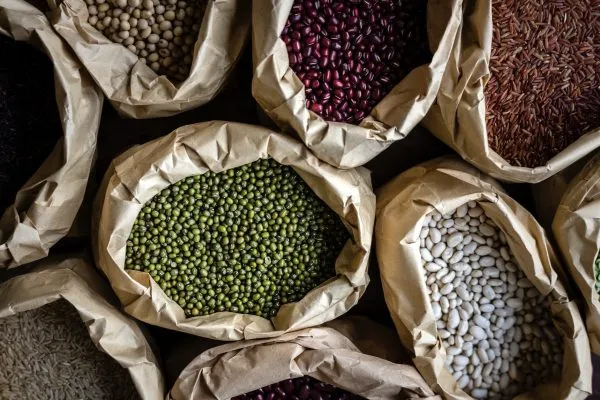
Sardines and Salmons:
Salmon contains lots of proteins. In addition, it also contains omega-3 fatty acids and vitamin B12. It
is also one of the rare sources that contain vitamin D. Omega-3 and vitamin B12 helps to ward off
postpartum depression. As salmon contains a high percentage of DHA, a kind of fat that is vital for
the baby's nervous system development, it too is good lactation diet for breastfeeding moms. Both sardines and salmon help increase the production of breast milk.

Beef:
Breastfeeding moms require lots of mineral zinc. Beef contains a high percentage of B vitamins, iron,
and protein-rich zinc. It is a well-known fact that a new baby requires a lot of energy. If possible, opt
for grass-fed beef as is contains additional omega-3 fatty acids and does not contain added
hormones and antibiotics.

Eggs:
Eggs are rich in folate, riboflavin, vitamins D and B12' lutein, choline, and protein. For optimum
nutrition, eat the whole egg. Latest research has shown that eggs do not increase your cholesterol
levels.

Leafy green vegetables:
Leafy green vegetables minerals and antioxidants which include calcium. They also have lots of
fiber, and vitamins K, A, E, and C. The amount of calories they contain is so low that you can keep on
eating them for the entire day without worrying about the number of calories you have consumed.
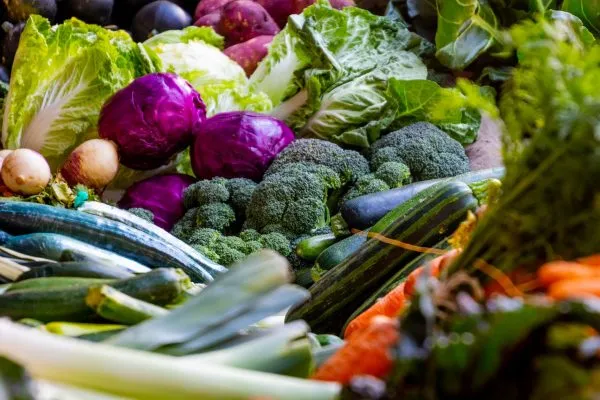
Sweet potatoes:
Vitamin A is important for cell specialization, immune function, bone growth, and vision. Your baby
depends on your dietary intake to get the vitamin A necessary for development and growth. Only a
single sweet potato satisfies the daily recommendation of vitamin A for breastfeeding mothers.
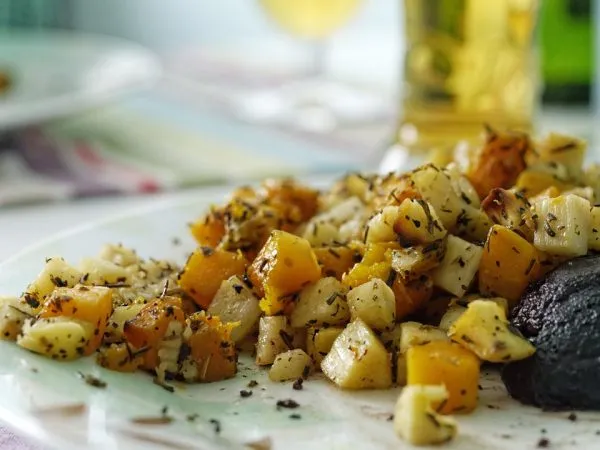
Beans and Legumes:
Include beans and legumes in your diet as they contain lots of fiber, iron, protein, phytochemicals, as
well as lots of minerals. Phytochemicals stimulate our immune system and block the bad substances
we breathe, drink, and eat from becoming carcinogens. They also reduce the types of inflammation
that causes cancer growth. They also reduce the type of oxidative damage to cells, which can spark
cancer, helps DNA repair, prevents DNA damage, as well as regulate hormones.

Seeds and Nuts:
They contain fiber, protein, minerals, vitamins, antioxidants as well as polyunsaturated and
monounsaturated fats. For example, almonds are a good non-dairy source of calcium and are touted
as great lactation diet for breastfeeding moms. Breastfeeding mothers require a minimum intake of 1,000 mg of calcium on a daily basis.

Dates and Apricots:
Eating dates and apricots can increase prolactin, a hormone that tells your body to produce more
milk. In addition, apricots have essential nutrients such as potassium, vitamin A and C, and dietary
fiber. Dates are high in fiber, rich in calcium, and are naturally sweet.

Yogurt:
Yogurt contains calcium that is essential for the bones of your baby. If possible opt for Greek yogurt,
as it is a good source of protein. Since they are available in many flavors, you are sure to find the one
that you like. A word of caution. If your baby has been diagnosed with an intolerance to milk protein,
do not include yogurt in your diet.
